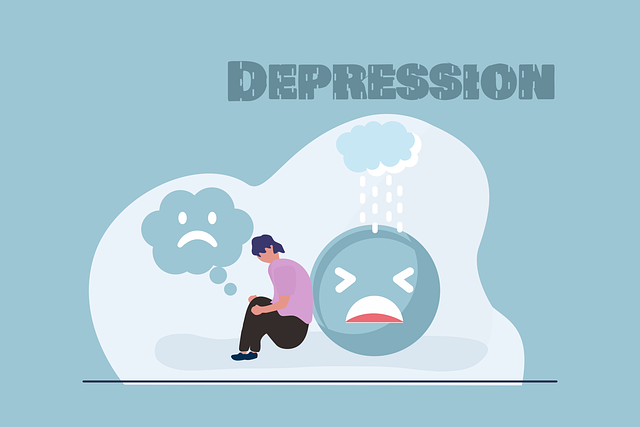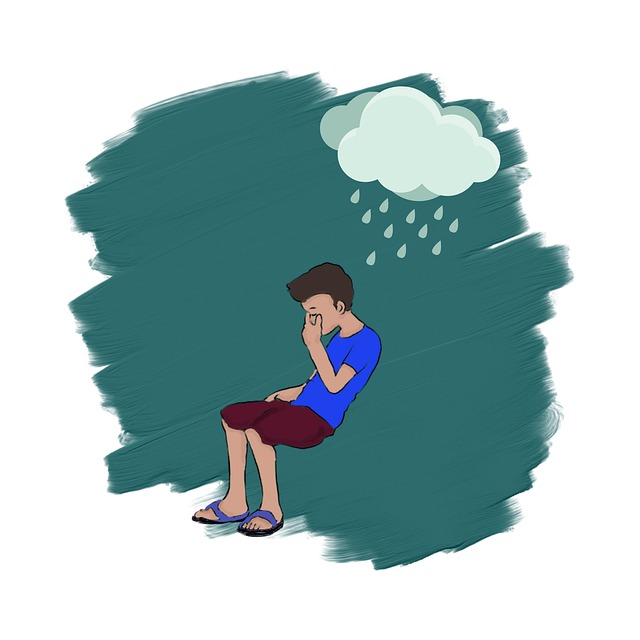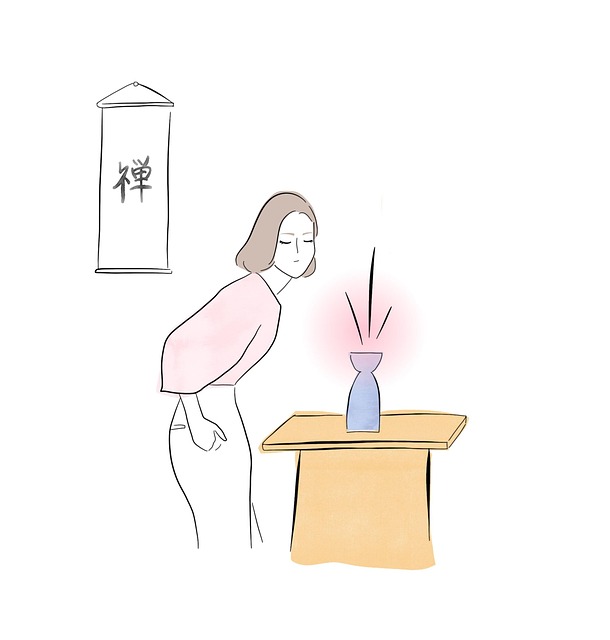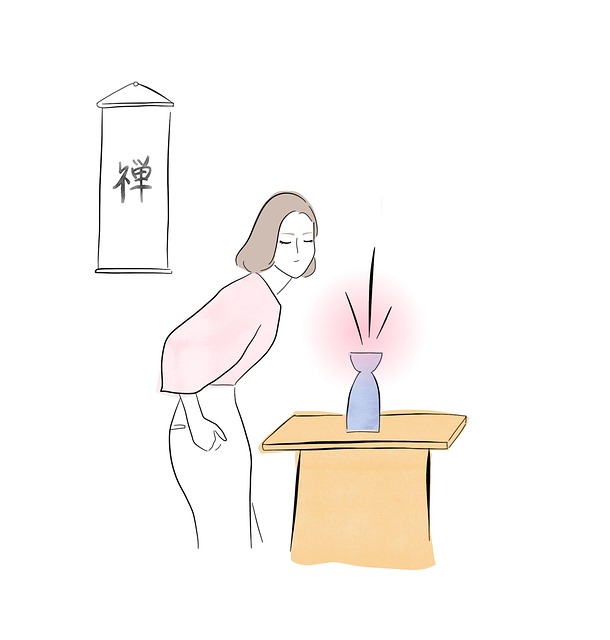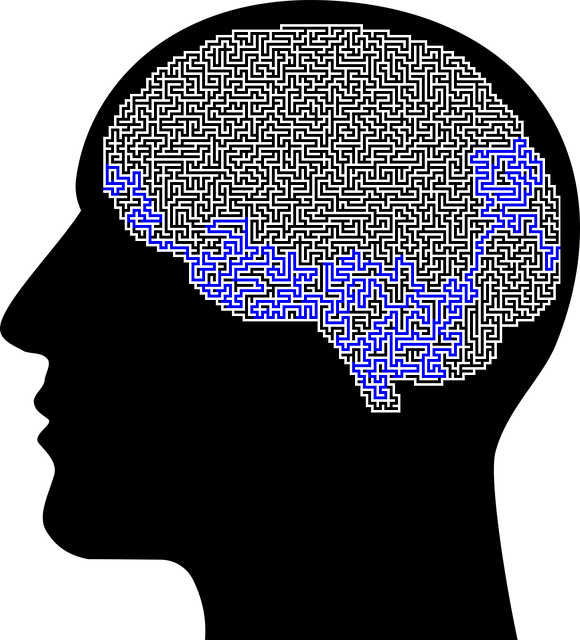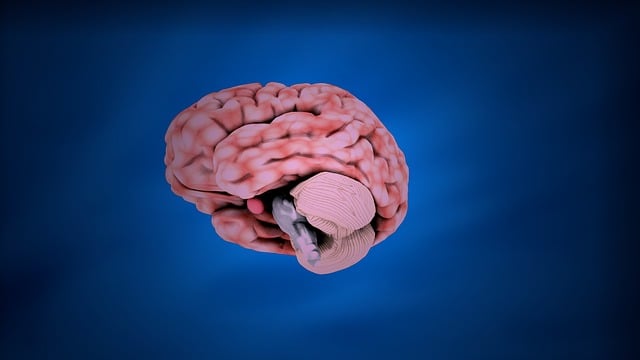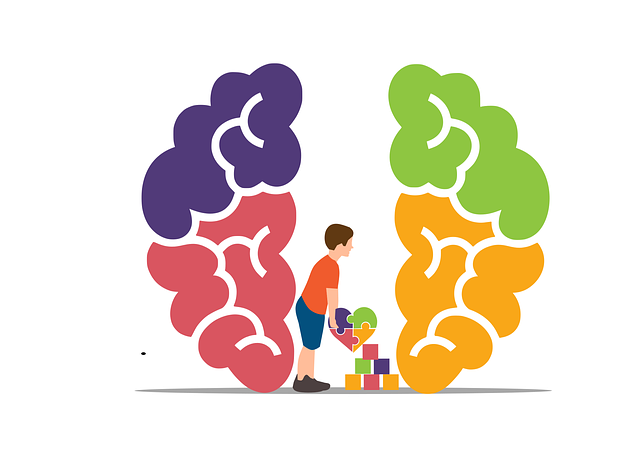Depression and PTSD often coexist, with trauma disrupting brain function and emotional well-being. Boulder offers specialized therapy, including CBT and EMDR, to treat both conditions simultaneously using evidence-based methods. A healthier lifestyle, combining exercise, diet, and sleep, boosts mood and brain function while cultivating empathy strengthens social connections. Professional support from mental health experts is crucial, employing CBT to rewire negative thought patterns and providing communication strategies for resilience building. Boulder Post-Traumatic Stress Disorder Therapy focuses on developing mental fortitude and healthy emotional processing mechanisms through self-care practices and Mind Over Matter principles, enhancing long-term coping abilities and preventing depressive episodes.
Depression is a complex condition that can deeply impact daily life, but prevention is key. This article explores various strategies to combat depression, focusing on the intricate link between mental health and post-traumatic stress disorder (PTSD). We delve into lifestyle modifications for improved well-being, the power of professional support, and effective coping mechanisms for resilience. Understanding these approaches, especially in the context of Boulder Post-Traumatic Stress Disorder Therapy, can empower individuals to take charge of their mental health.
- Understanding Depression and Post-Traumatic Stress Disorder (PTSD) Connection
- Lifestyle Changes for Better Mental Health
- Professional Support and Therapy Options
- Building Resilience: Coping Strategies for Long-Term Wellbeing
Understanding Depression and Post-Traumatic Stress Disorder (PTSD) Connection

Depression often co-occurs with Post-Traumatic Stress Disorder (PTSD), highlighting a complex relationship between these two mental health conditions. PTSD, commonly associated with individuals who have experienced or witnessed traumatic events, can significantly increase the risk of developing depression. The impact of trauma on an individual’s brain and emotional well-being can lead to long-lasting symptoms, including re-experiencing traumatic memories, avoidance behaviors, and heightened anxiety, which are hallmarks of both PTSD and depression.
In Boulder, post-traumatic stress disorder therapy has emerged as a crucial tool in addressing this dual issue. Effective treatment options, such as cognitive behavioral therapy (CBT) and eye movement desensitization and reprocessing (EMDR), focus on helping individuals process and manage traumatic memories while developing coping skills to alleviate symptoms of both PTSD and depression simultaneously. By combining stress reduction methods with trauma support services, Boulder residents can find effective ways to navigate their mental health challenges and promote overall well-being.
Lifestyle Changes for Better Mental Health

Adopting a healthier lifestyle can significantly impact mental well-being and play a crucial role in depression prevention. Simple yet effective changes like regular exercise, a balanced diet, and adequate sleep can work wonders for managing stress levels and enhancing overall mood. Engaging in physical activities releases endorphins, which are natural mood boosters, while a nutritious diet ensures your brain receives the necessary nutrients to function optimally. Prioritizing self-care through these means can be a powerful tool against depression.
In addition to these habits, building empathy within oneself and others is an often-overlooked yet essential aspect of mental health awareness. Practicing active listening and cultivating understanding can foster deeper connections, providing support networks that are vital for navigating difficult times. This, coupled with effective emotional healing processes like therapy or counseling, especially in cases of post-traumatic stress disorder (Boulder PTSD Therapy), can create a robust defense against depression.
Professional Support and Therapy Options

Professional support plays a pivotal role in depression prevention and management. Individuals experiencing depressive episodes or those at risk should consider seeking help from mental health professionals who can offer specialized Boulder Post-Traumatic Stress Disorder (PTSD) therapy, tailored to address underlying issues. Therapy options such as cognitive-behavioral therapy (CBT) have proven effective in rewire negative thought patterns and improve emotional regulation.
Effective communication strategies, grounded in the principles of mind over matter, empower individuals to challenge depressive thoughts and develop inner strength. Therapists can guide clients in identifying unhelpful beliefs, replacing them with more realistic and positive ones. This process fosters resilience, enhances coping mechanisms, and promotes a sense of well-being, thereby preventing future depressive episodes.
Building Resilience: Coping Strategies for Long-Term Wellbeing

Building resilience is a powerful strategy to prevent and manage depression, especially when coupled with effective coping mechanisms. The process involves fostering mental fortitude to navigate life’s challenges and setbacks. Through therapy, individuals can learn to challenge negative thought patterns and develop healthier ways of processing emotions, particularly after traumatic events, as seen in Boulder Post-Traumatic Stress Disorder Therapy.
Mental Health Education Programs Design that focus on self-care routine development are beneficial. Incorporating Mind Over Matter principles teaches individuals to reframe their perspective, promoting a sense of control over one’s mental health. By combining therapy with self-care practices, individuals gain the tools to build long-term resilience, enhancing their ability to cope and preventing depressive episodes.
Depression prevention is a multifaceted approach that integrates understanding, lifestyle adjustments, professional support, and resilience-building strategies. By addressing both mental health conditions like depression and their connection to post-traumatic stress disorder (PTSD), individuals in Boulder can access various resources, including specialized PTSD therapy, to enhance long-term wellbeing. Adopting healthy habits and seeking professional guidance empowers folks to navigate challenges, fostering a vibrant and resilient lifestyle.


